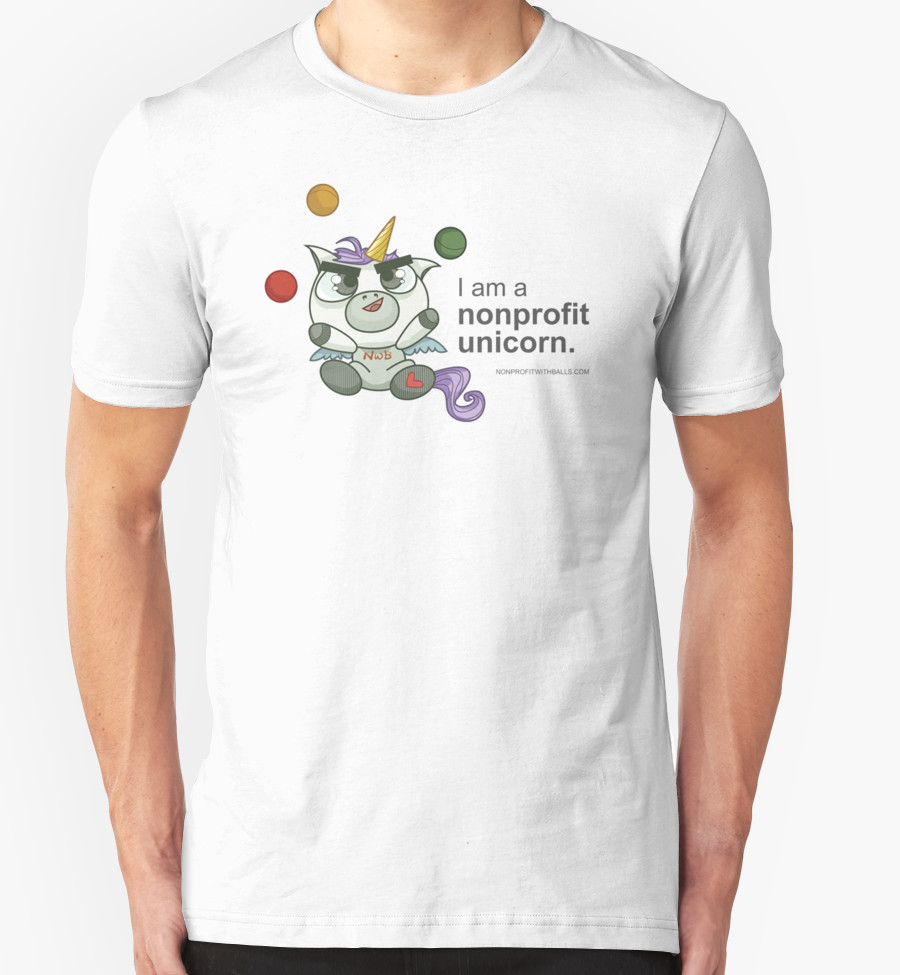 Hi everyone, before we get into today’s topic, look, NWB merchandise is on sale!
Hi everyone, before we get into today’s topic, look, NWB merchandise is on sale!
All right, business pals, we need to have another talk. First of all, I love y’all. I just moved into a new house this week, and spent time at a hardware store trying to find these little thingies that hold up the shelves in my kitchen cabinets. They’re called “shelf pins,” and you can move them to different holes to lower or raise the shelves. Without some business somewhere making these little pins, my cabinet would not be able to fit my really tall bottles and it would just look awful. So yes, I am deeply appreciative for all the businesses out there doing all sorts of useful, interesting, and important stuff. I am glad you exist, and I am glad to pay money for the stuff you make and do.
But dude, the condescension needs to stop. Recently, I’ve noticed it has been in the form of explaining to us simple nonprofit bumpkins just how much better off we’d be if we just acted more like for-profit businesses. Sometimes it is conscious, most times it is not, but always it is irritating.
One time, I was showing a potential board member our Saturday morning program, which served 150 kids. It was his first visit, and he launched into a lecture about having a business plan. “We have a three-year strategic plan,” I said, and before I could elaborate, he interrupted to explain what a business plan was. He interrupted several times to explain various Important Business Concepts to me. Continue reading “Dear business people, please stop bizsplaining things to us nonprofit folks”


 I’ve written before about double-dipping being one of the worst accusations you can leverage against a nonprofit. It makes for an effective insult: “Your ED is so dumb, he went on eHarmony hoping to meet a logic model.” “Oh yeah? Well your org is so unethical, it reported that one funder paid for some food for a community gathering, but then also told another funder that they paid for the same food!” (#nonprofitinsults, in case you’re bored and want to start a new trend on Twitter)
I’ve written before about double-dipping being one of the worst accusations you can leverage against a nonprofit. It makes for an effective insult: “Your ED is so dumb, he went on eHarmony hoping to meet a logic model.” “Oh yeah? Well your org is so unethical, it reported that one funder paid for some food for a community gathering, but then also told another funder that they paid for the same food!” (#nonprofitinsults, in case you’re bored and want to start a new trend on Twitter)
